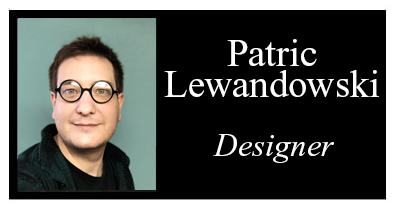Roseanne Barr was a comedian with a successful sitcom in the ’90s. Said sitcom made a comeback last year and was a hit, especially with the more conservative members of the country. Barr was fired from her new hit show (the show was cancelled, then rebooted without her) after a racist joke was tweeted by her.
Alex Jones is an extremely conservative radio/tv host and proprietor of the Info Wars website. His specialty is conspiracy theories such as the massacre at Sandy Hook Elementary was a hoax and all the parents you saw were paid actors. Recently, all of his podcasts and videos were removed from the services of Apple, Spotify, Facebook and Youtube for offensive content.
Finally, James Gunn is the liberal director of the first two movies of the extremely successful Marvel movie franchise “Guardians of the Galaxy.” He was working on the third installment up until about a month ago when Disney, the owners of Marvel, fired him from the film after decade-old tweets of his resurfaced with offensive jokes.
What do each of these three very disparate people have in common? They’ve recently had issues with social media impacting their careers.
In each case, much has been said by the fans about these three individuals and their First Amendment rights and how they are being censored or punished for what they have said. For the record, the First Amendment does not protect you from the consequences of your speech. In each of these cases, the individual in question is being punished by private companies, not the government. The First Amendment only protects individuals from having the government punish them for what they said (or tweeted). Now, if the president ordered the firing of these people and the companies complied, then we’d have something, but as it stands, private companies can and will hold people responsible.
In the case of Jones, unlike Barr and Gunn, he wasn’t fired from a company he worked for but private companies removed his content from their distribution networks. Again, those companies are free to decide what to allow on their networks. If they do not agree with what someone says, they have no legal obligation to host their content.
None of this has anything to do with the First Amendment, especially considering these services are available worldwide. However, it is a good reminder that we are all responsible for what we say and do and must accept the consequences for our actions. Every right we have comes with responsibilities. We have the freedom to say or write or post what we want, but we also must realize that whatever we say others can find and hold against us. There are a lot of job applicants who don’t make their social media private wondering how their prospective employer saw that photo of them giving the finger with a joint in their mouth. Again, free to post it, but likewise a private company is free to use that against you. People have found themselves losing jobs for offensive jokes even in mundane fields like accounting.
The First Amendment does not protect you from bad things that happen when you say stupid things. The internet is written in ink and it takes a very long time for that ink to fade.



